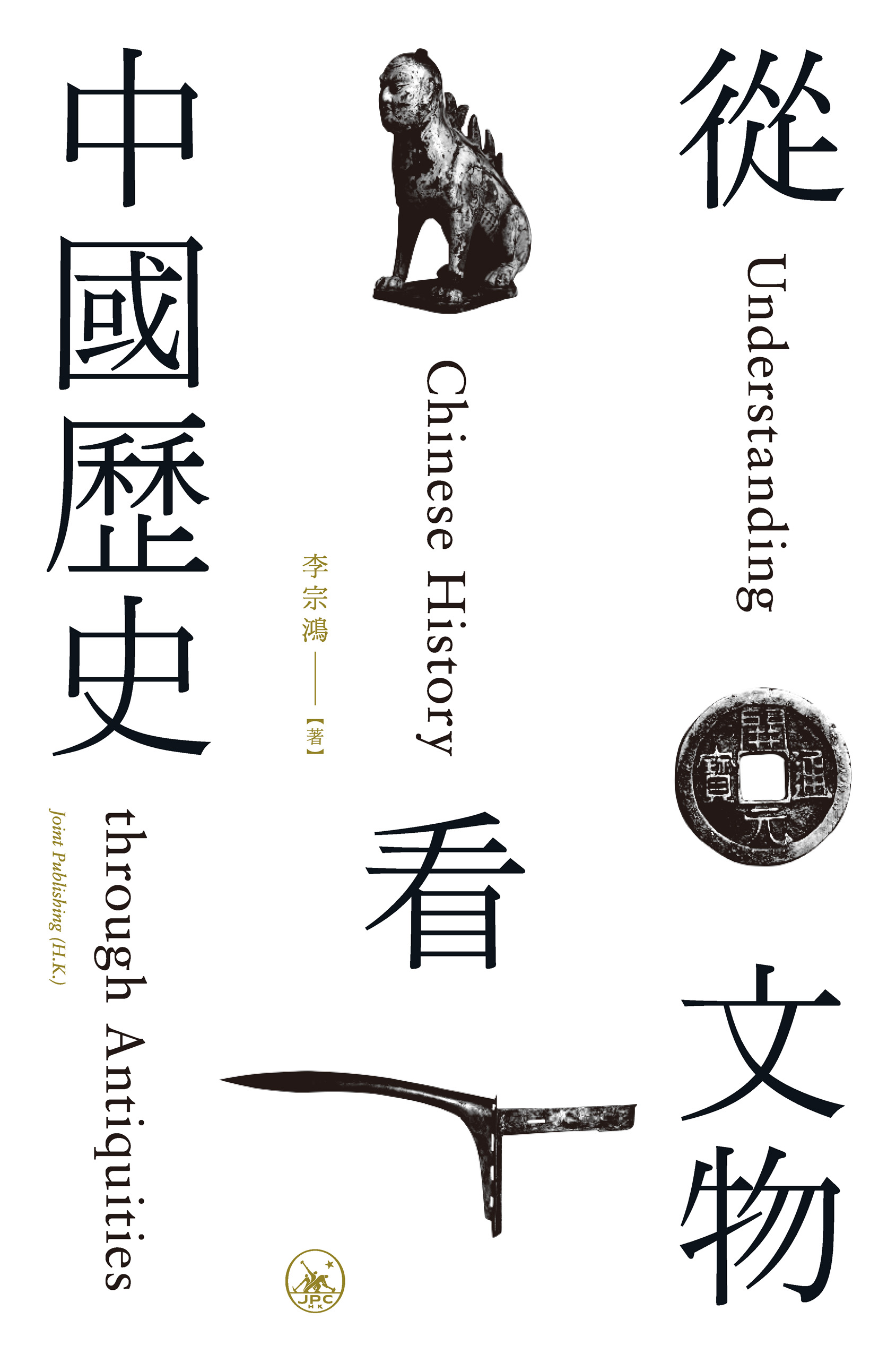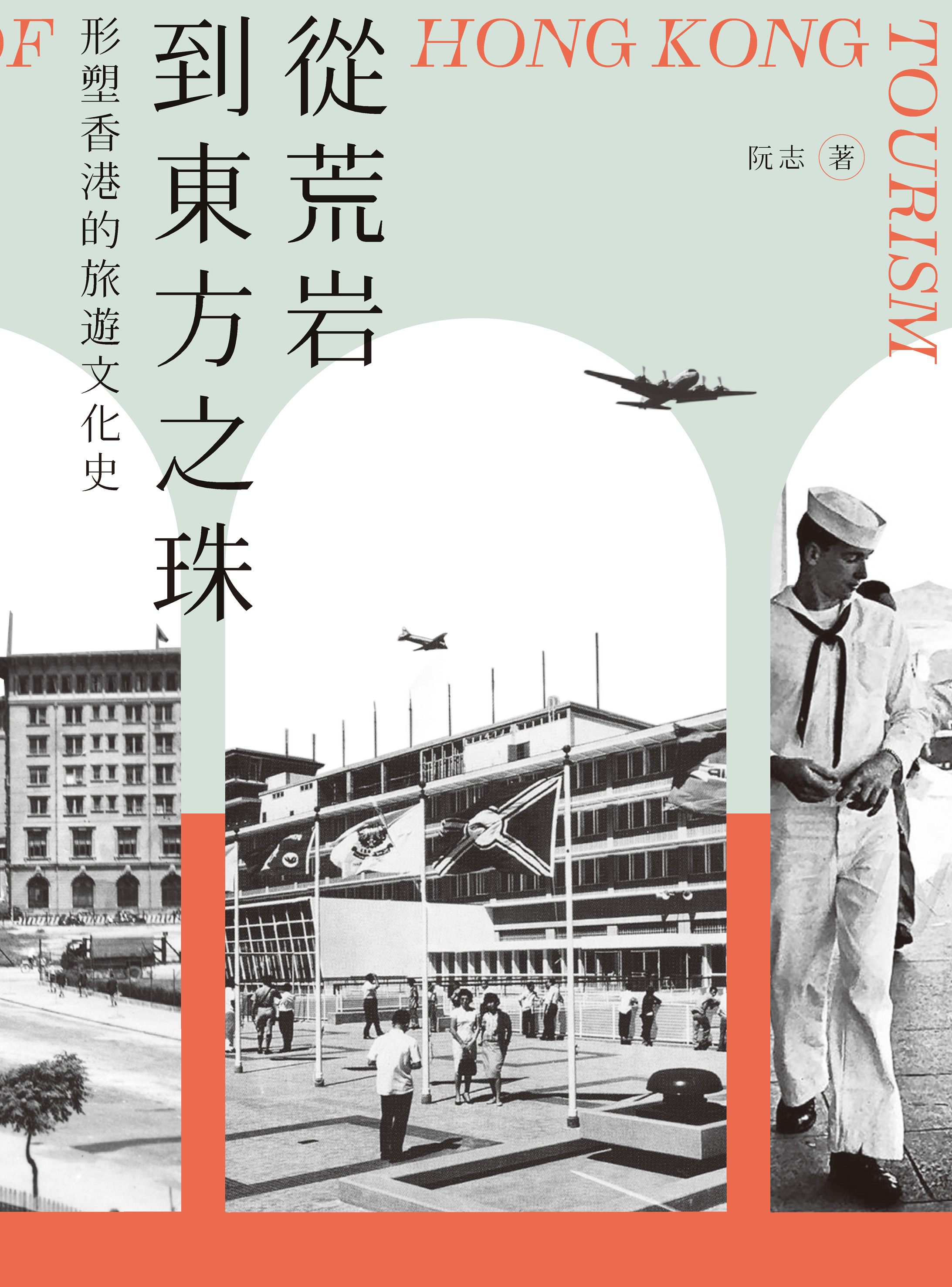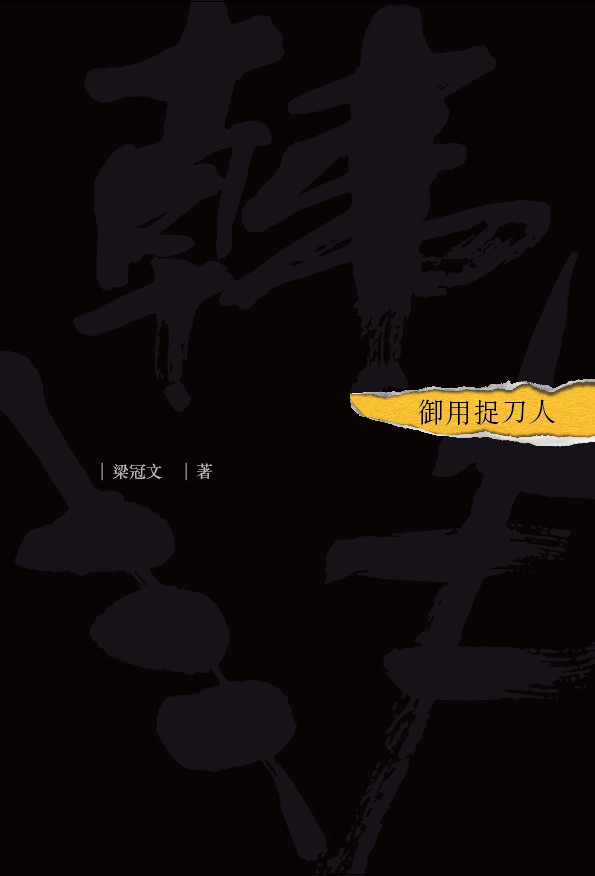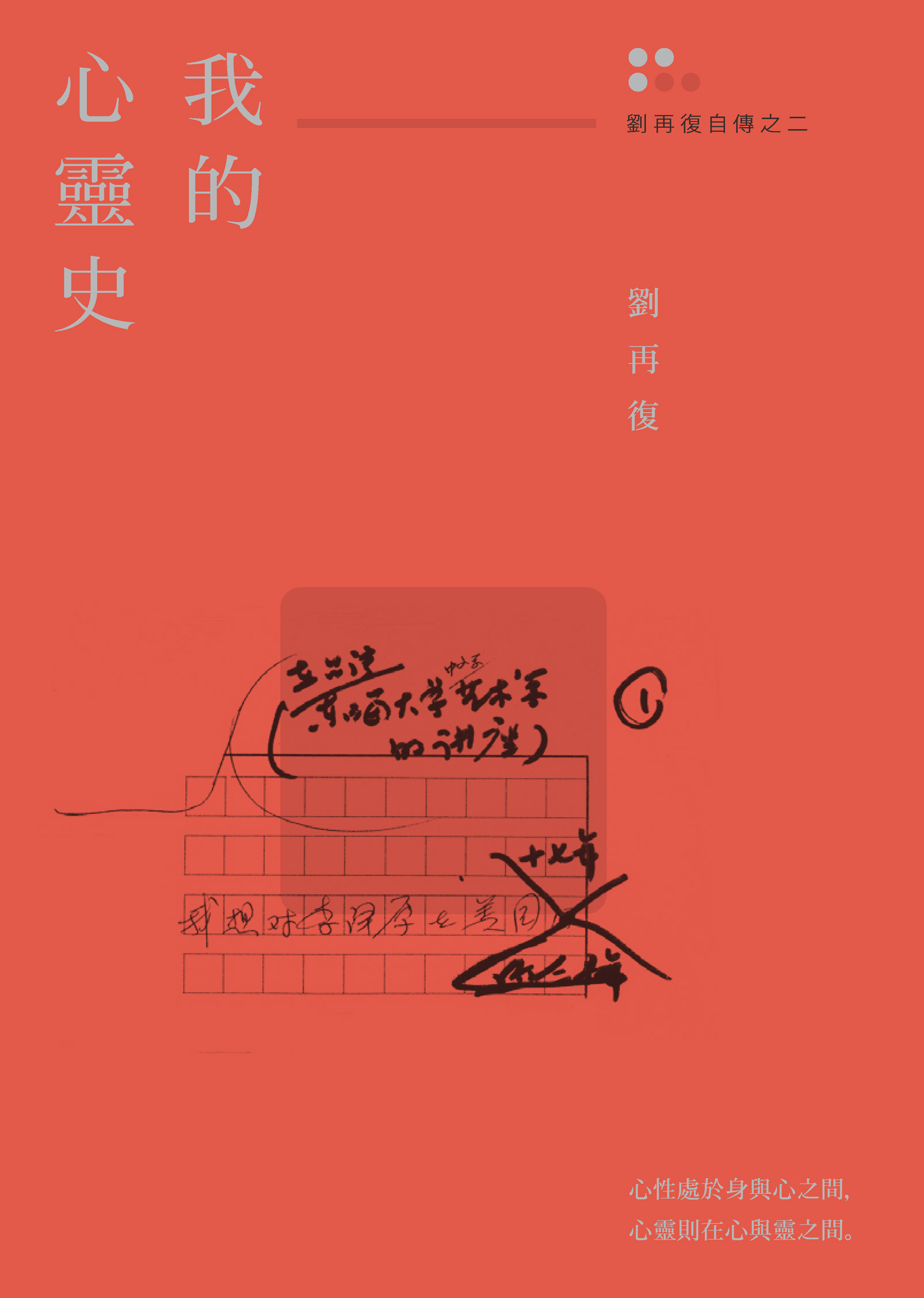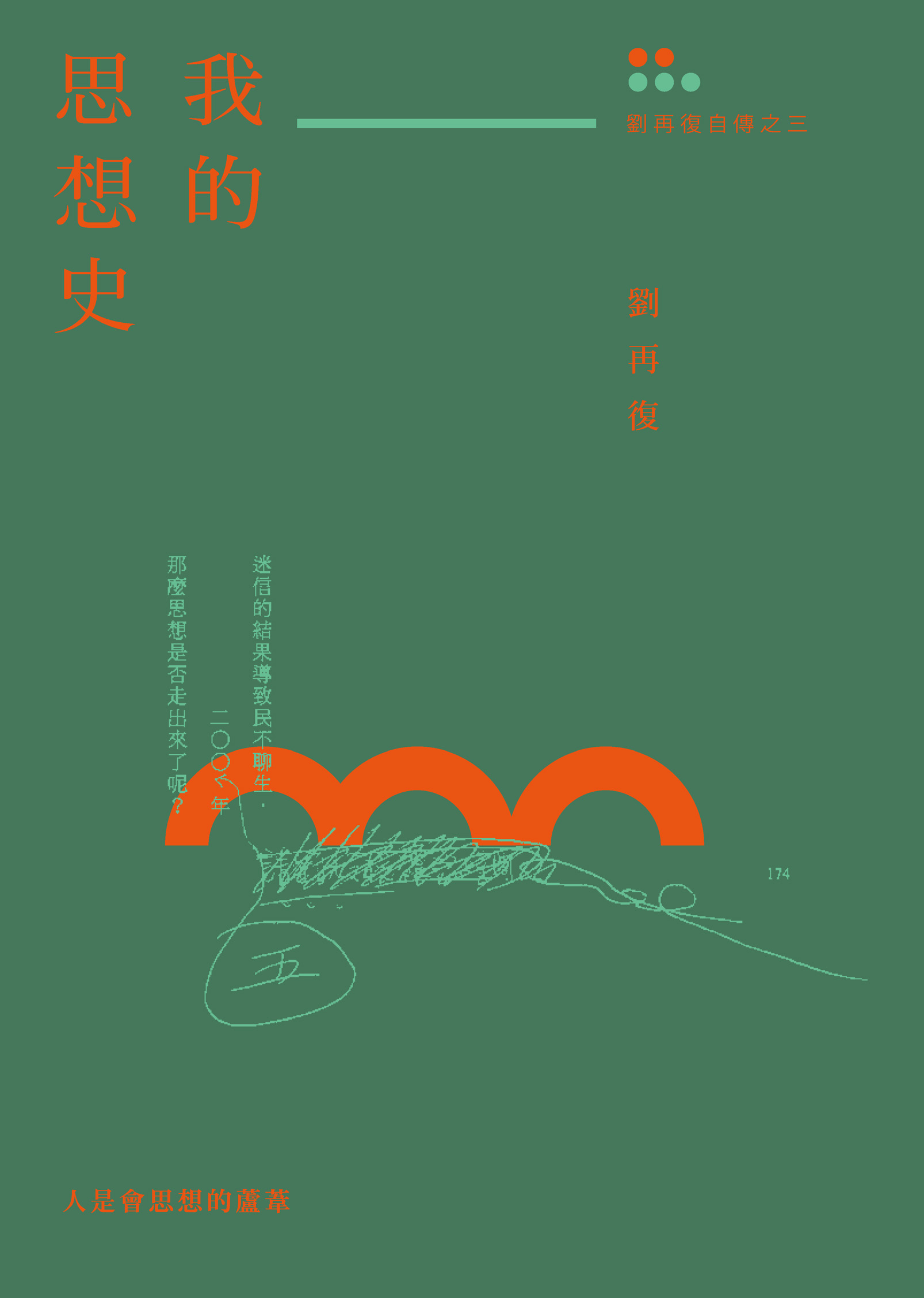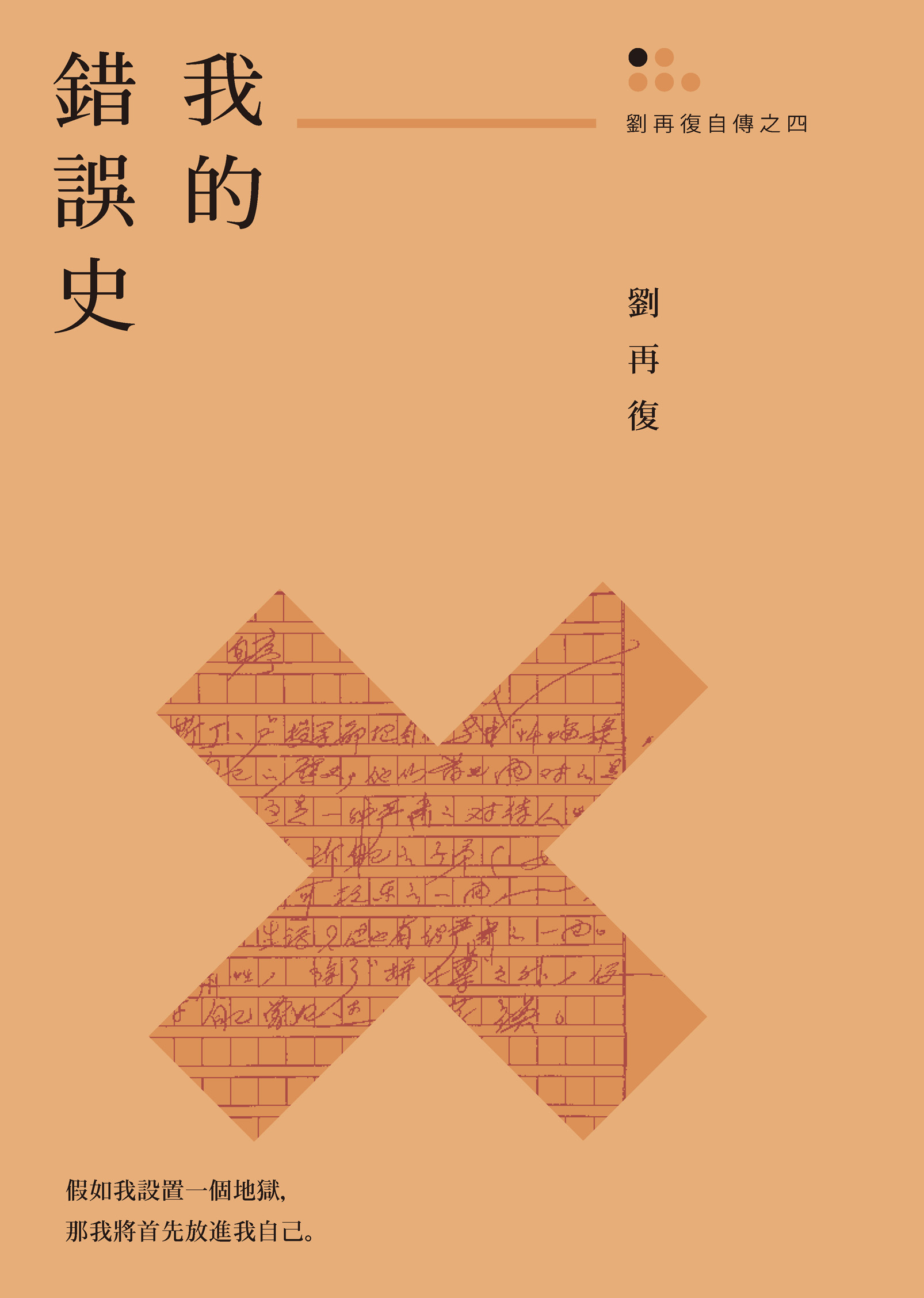e-Book List
e-Book
"Touching history" refers to the use of hands to touch historical objects, to use physical artifacts to prove ancient history, and to fill in the gaps of original documents. By observing cultural relics up close, one can see the details of life of a bygone era and the pursuit of "beauty" by ancient people, thus constructing a bridge of communication between ancient and modern times. The development of Chinese history from the Neolithic Age to the present has gone through thousands of years of ups and downs, leaving countless historical relics from different eras, including the splendid civilization of the Qin, Han, Tang, Song, Yuan Dynasties and other golden ages. At that time, in addition to its prosperous economy, China's cultural life, aesthetic concepts, and political system were also imitated by other countries, becoming a milestone in world history in the Middle Ages. Physical contact with such artifacts not only helps one understand history, but also to learn about the cultural qualities of ancient prosperous times through cultural relics. This book selects 235 collections from Hongzongli (Claire & Francis Heritage Lane), covering the period from the Neolithic Age to the Qing Dynasty, in materials such as ceramics, metals, and glass. It is hoped that cultural relics will serve as guides for readers to travel in time, letting them roam freely across ancient China.
- AuthorFrancis Lee
- PublisherJoint Publishing
- Publication Date2019
The tourism industry is one of the four pillars of the Hong Kong economy, and the cultural and social changes in Hong Kong are inseparable from the development of the local tourism industry. In the early days after Hong Kong became a free port, Westerners had a negative impression of Hong Kong in general, seeing it as a barren island with poor climate, scarce natural resources, and crises everywhere. A hundred years later, after the end of World War II, Hong Kong focused on developing the tourism industry. Its colonial background attracted many foreign tourists who were fascinated by the mysterious East, gradually gaining a reputation as a shopping paradise, a food paradise, and the Pearl of the Orient. In modern times, Hong Kong has also developed humanistic tourism resources, with plenty of scenic spots and cultural relics in the suburbs, demonstrating the diversification and progress of Hong Kong's tourism industry. This book is the first specialized book on the history of Hong Kong's tourism culture, aiming to explore the historical development of Hong Kong as a travel destination from its humble beginnings to its handover to China in 1997, and the cultural and economic behaviors related to it. From the early colonial period to World War II, various forms of travel such as long-distance, short-distance, local tours, overseas settlers, and migration strengthened social and cultural exchanges between the West and China. After the war, the further promotion and industrialization of Hong Kong tourism not only drove economic development, but also helped the colonial government establish an international modern urban image for Hong Kong, strengthening the identity of Hong Kong people. Hong Kong people construct history and regain "positive" impressions through cultural relics, commercial achievements, and its unique East-meets-West culture. Promoting tourism activities that feature traditional Chinese customs has enabled the city to develop its own culture, further enhancing Hong Kong's international recognition and driving its development into a metropolis that combines Chinese and Western cultures.
- AuthorYuen Chi
- PublisherJoint Publishing
- Publication Date2021
Chinese history spans thousands of years. It has always been believed that since Emperor Wu of Han, Confucianism has been the only school of thought, and all other schools were abolished. Whether the government was selecting the talented and capable to take up important positions, or hosting exams for recruitment of officials, Confucianism was the guiding principle. The author of this book deviates from the mainstream view and believes that the art of ruling by emperors was modeled after Legalism, and that Han Fei, the representative figure of Legalism, was the teacher. Therefore, while Confucianism was respected on the surface, Han Fei became the ghost writer whose input was never acknowledged openly. He cites the three great emperors of China, Emperor Wu of Han, Emperor Taizong of Tang, and Kangxi as examples, and describes how they used various means to firmly grasp the power of the emperor, weaken the power of the ministers, and carry out severe punishments. The variety of methods used was awe-inspiring. The author laments that Han Fei, as a prince of Han, was well-read and determined to make the country strong and the monarch powerful, and to pass on his knowledge for generations. He devoted his life to studying the art of ruling by emperors, but his work was never used by the Han government. Although he was appreciated by King Zheng of Qin later, he was not tolerated by his fellow student Li Si and died an unfortunate death. Though Han Fei's ideas were used by future emperors, Legalism was criticized because the Qin Dynasty was too short-lived, and it could only be an unsung hero in the future dynasties. This book contains over 200,000 words, and is well-organized, well-researched, and well-written. It covers Han Fei's life, the source and ideas of his thought, the re-evaluation of him by modern Chinese and Western sinologists, and the enormous influence he had on modern Japanese politics and business. It is a rare and valuable work.
- AuthorLeung Koon-man
- PublisherJoint Publishing
- Publication Date2017
This book is the second autobiography of the famous Chinese writer Liu Zaifu. The author is not only a writer, but also a literary critic and humanist. He is also a "trendsetter" of the times. He has experienced the political turmoil of the "Cultural Revolution" and "June Fourth", and has been in exile overseas for many years, but he still cares about his motherland. He loves literature and writing. After experiencing ups and downs, he turned writing into a means of expressing depression and self-rescue. Writing is no longer for fame and publication, but to write out the truest voice in his heart. This book follows his life and recalls the stages of his spiritual growth, development and turning points in twelve major events, including the first time he discovered that he knew how to read, his first reading of Pushkin's fairy tale poems and The Little Match Girl, his exposure to classic works by Western authors such as Shakespeare, his relationship with Gao Xingjian, and his winning of the Nobel Prize in Literature.
- AuthorLiu Zaifu
- PublisherJoint Publishing
- Publication Date2019
This book is the third instalment of a trilogy of autobiographies by the famous Chinese writer Liu Zaifu, which is an objective review of his ideological transformation. The author is not only a writer, but also a literary critic and humanist, truly a "trendsetter" of his times. He has survived the political storms of the "Cultural Revolution" and "June Fourth", and has been in exile overseas for many years, but still cares about his motherland. He himself loves literature and writing. After experiencing ups and downs, he turned writing into a means of expressing depression and self-rescue. Writing is no longer for fame and fortune, but to speak with a true voice in his heart.
- AuthorLiu Zaifu
- PublisherJoint Publishing
- Publication Date2019
This book is the fourth autobiography of Liu Zaifu. Unlike the first three books, "My Writing History", "My Spiritual History", and "My Intellectual History", this time the author wrote his autobiography as a "confession", coming to terms with the various mistakes he made and the losses in his life. The author starts with his childhood and admits to his immature but non-harmful behaviors. Writing about his experiences in his youth, he is even more introspective. After experiencing the "Four Cleanups Movement", the "Cultural Revolution", accepting "personal worship of leaders", and taking up the position of director of the Literature Research Institute, which is contrary to his nature, he passively participated in the "June 4th Incident" and was forced to leave his homeland. All the mistakes he made have harmed the society, and he even believes that he was guilty of starting an "era of evil". This book is not only the author's personal "confessions", but also a historical work that reflects the thoughts and experiences of a generation of intellectuals, which is worth reading carefully.
- AuthorLiu Zaifu
- PublisherJoint Publishing
- Publication Date2020


